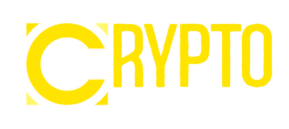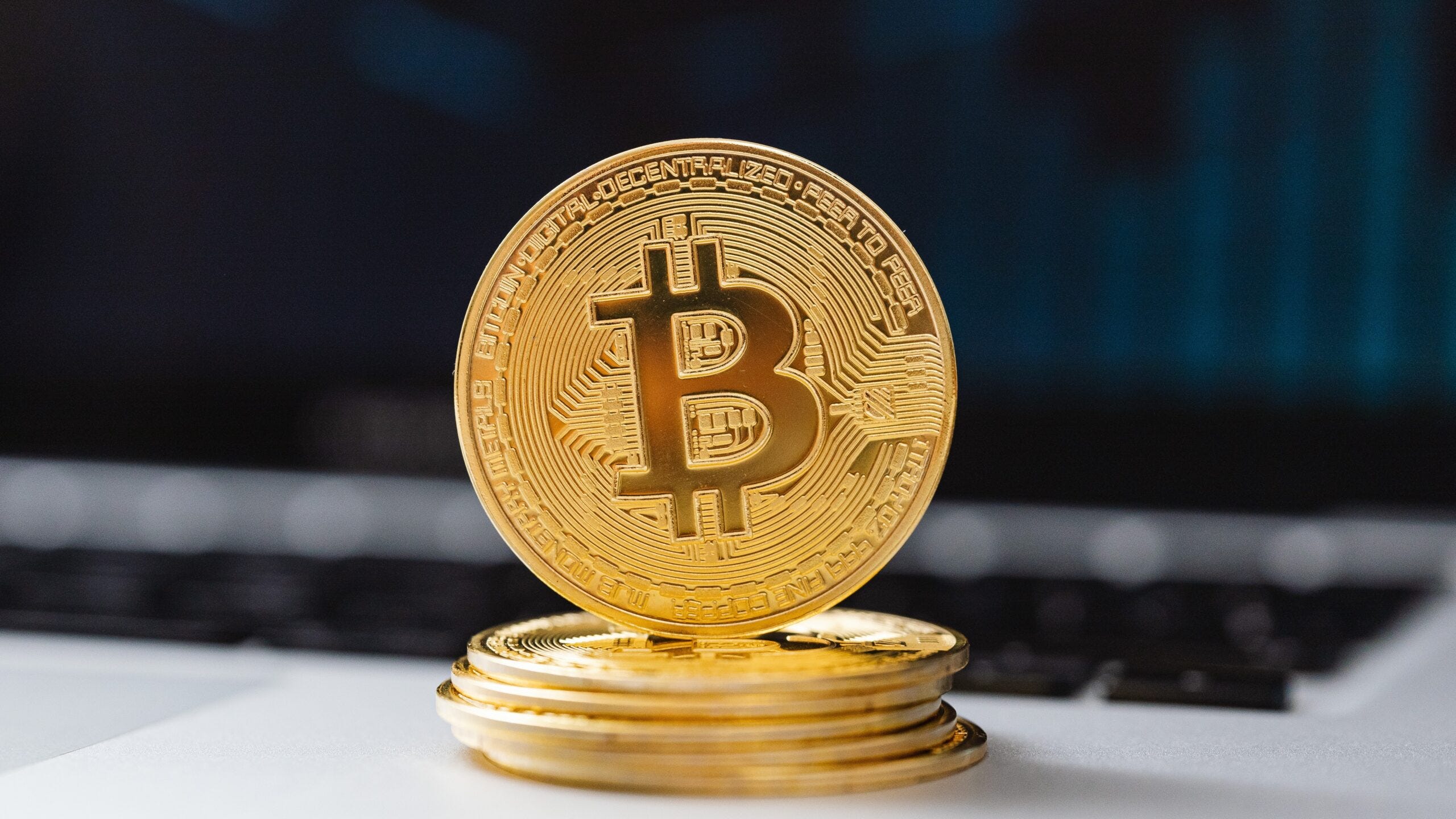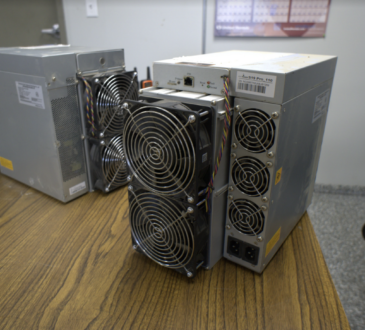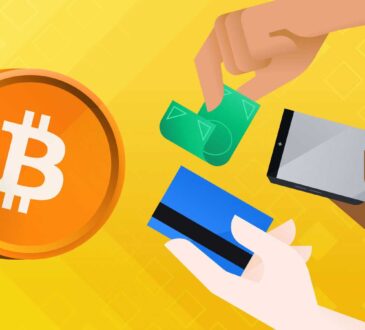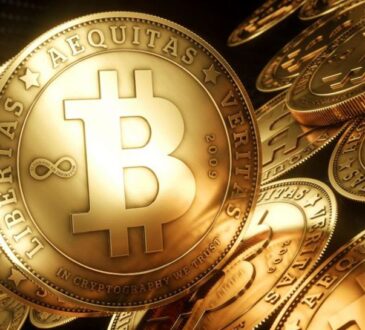
Decentralized finance (DeFi) aims to put control back into the hands of users. DeFi utilizes blockchain technology, smart contracts, and cryptocurrencies to offer financial services without relying on centralized intermediaries. Instead, everything happens on public blockchains like Ethereum. This gives users more autonomy over their funds and financial decisions. Users do not need to submit extensive paperwork or meet strict eligibility criteria imposed by banks and other institutions. As long as users have some cryptocurrency, they start participating in DeFi activities like lending, borrowing, trading, investments, etc. This easier access makes DeFi more inclusive to the underserved and unincluded from mainstream finance.
Censorship resistance
With traditional finance, transactions are restricted or blocked altogether by banks, regulators, and governments. Payments to certain entities or regions are forbidden arbitrarily. But, on public blockchains, nobody stops valid transactions or censors anyone. As long as users have the private keys to their wallets, they have full control over their funds. This censorship resistance is a core benefit of decentralized technologies.
Transparency
DeFi platforms are built on public blockchains like Ethereum. It means all transactions and smart contract codes are visible to anyone. Users easily verify where their funds are being routed without blindly trusting centralized entities. The outcomes are predictable since the rules are pre-programmed into smart contracts. This transparency improves trustworthiness within the ecosystem.
Security
User funds are not held by DeFi platforms or applications. They continue to reside in users’ blockchain wallets. DeFi platforms have no custody over funds and cannot access user assets without permission. Even if a DeFi platform is hacked, user funds remain secure. This non-custodial arrangement gives users greater security and control over their wealth.
The decentralized nature of DeFi platforms allows them to interact with each other seamlessly. For instance, lending protocols integrate with decentralized exchanges to provide collateralized loans instantly. Users easily move funds between platforms to optimize yields or manage risk exposures. This composability introduces powerful new financial use cases to benefit users.
Innovation without permission
DeFi solutions are open for anyone to inspect, use, and innovate upon. Developers worldwide build new products and services without seeking approval from any entity. If users find it beneficial, they will use it or fund its advancement. This permissionless innovation is creating novel use cases like flash loans, aggregators, and on-chain investing, that expand what is possible in retik finance.
Democratized access
Participation in DeFi requires no tokens, connections, or status. Contrast this with private equity, hedge funds, and angel investing, which have high barriers to entry. DeFi initiatives like DAOs (decentralized autonomous organizations) are owned and managed by regular users through coordination and voting rights. Such community-run models enable wider access to lucrative investment opportunities.
With ultimate control over their assets, users gain true financial sovereignty. They create wealth and transact peer-to-peer without oversight. There is no need for biased intermediaries who may put their interests first. Users become empowered to take control of their financial present and future. It aligns with the liberating potential of blockchain technology.
